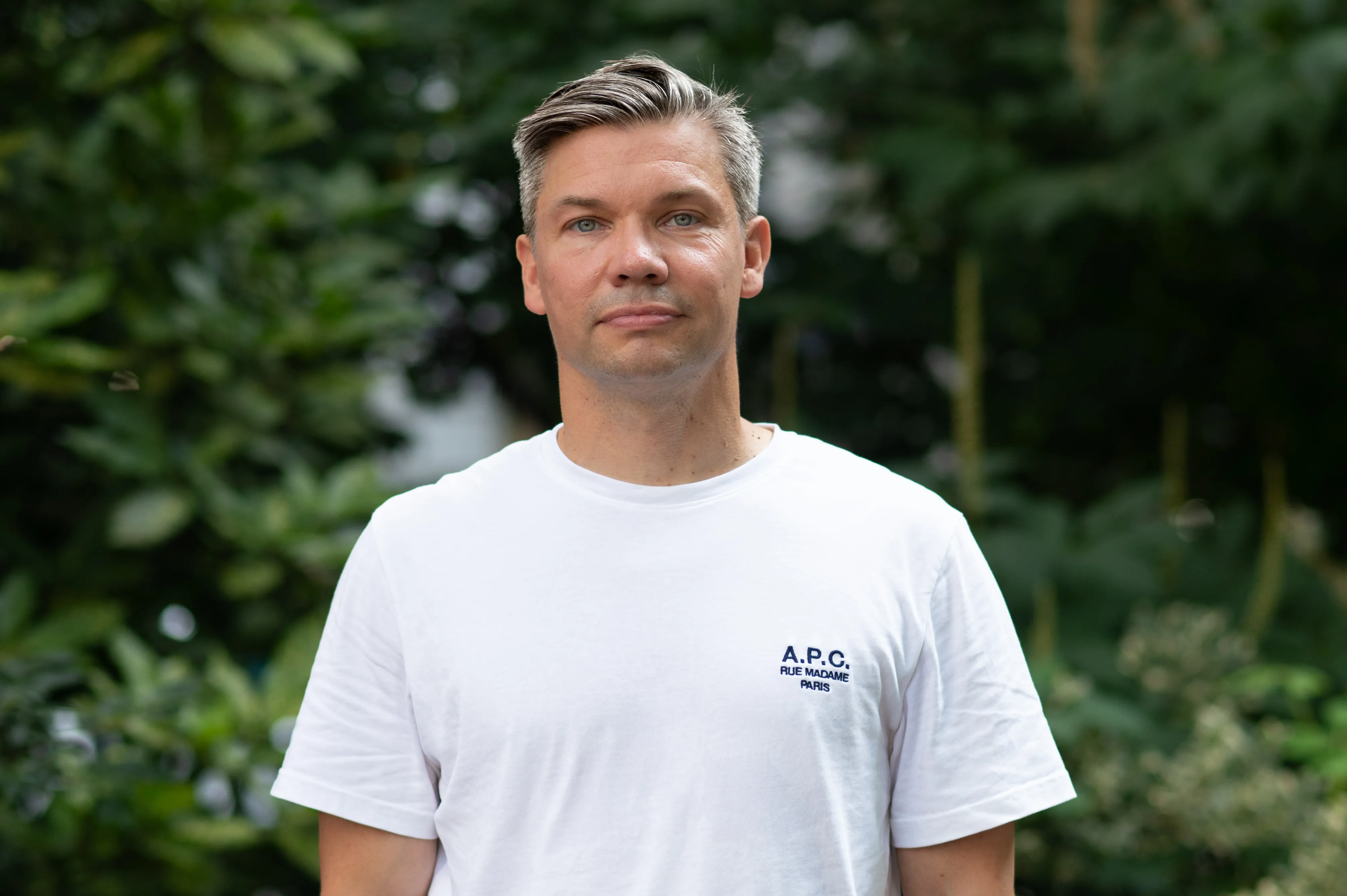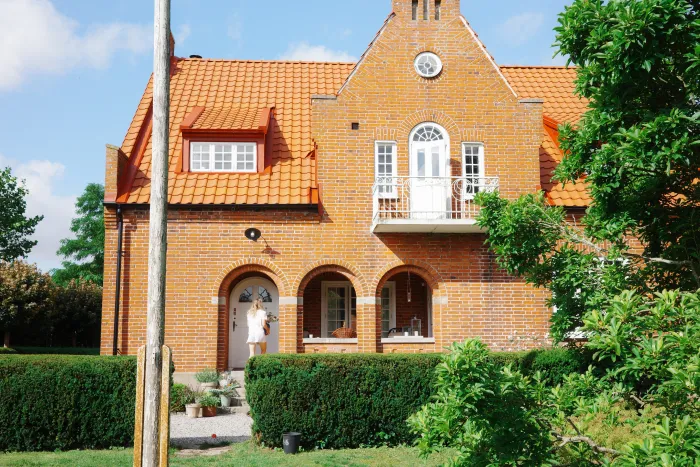Hello, I'm Anton
I've been a younger brother for 44 years, loved dogs for 40, been into music for 35, worked as a designer for 28, supported Liverpool for 26, and lived in Sweden for 23.

If you only looked at the numbers, it might seem like not much happened after I turned 20. But of course, the opposite is true. Those twenty-something years hold almost everything: the person I became, the work I'm proud of, the life I built.
When I'm not designing, I'm usually outside with my wife Anna and our dog, Taylor (Swift). We live in an old house in the Swedish countryside. It's beautiful, but like most beautiful things, it's a little broken. There's always something to fix. I used to find that exhausting. Now I find it comforting. Some projects aren't supposed to be finished. You just live in them.
